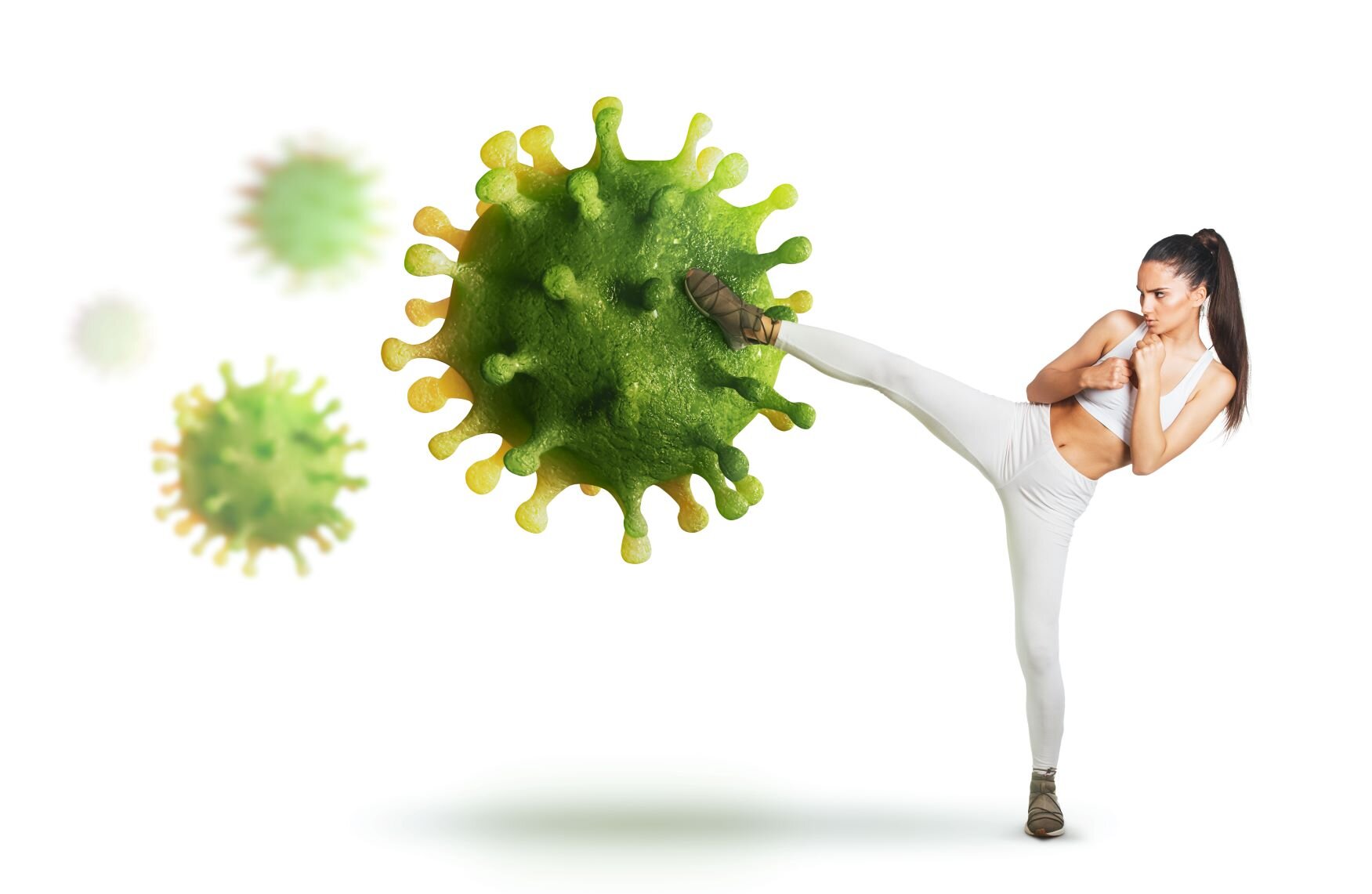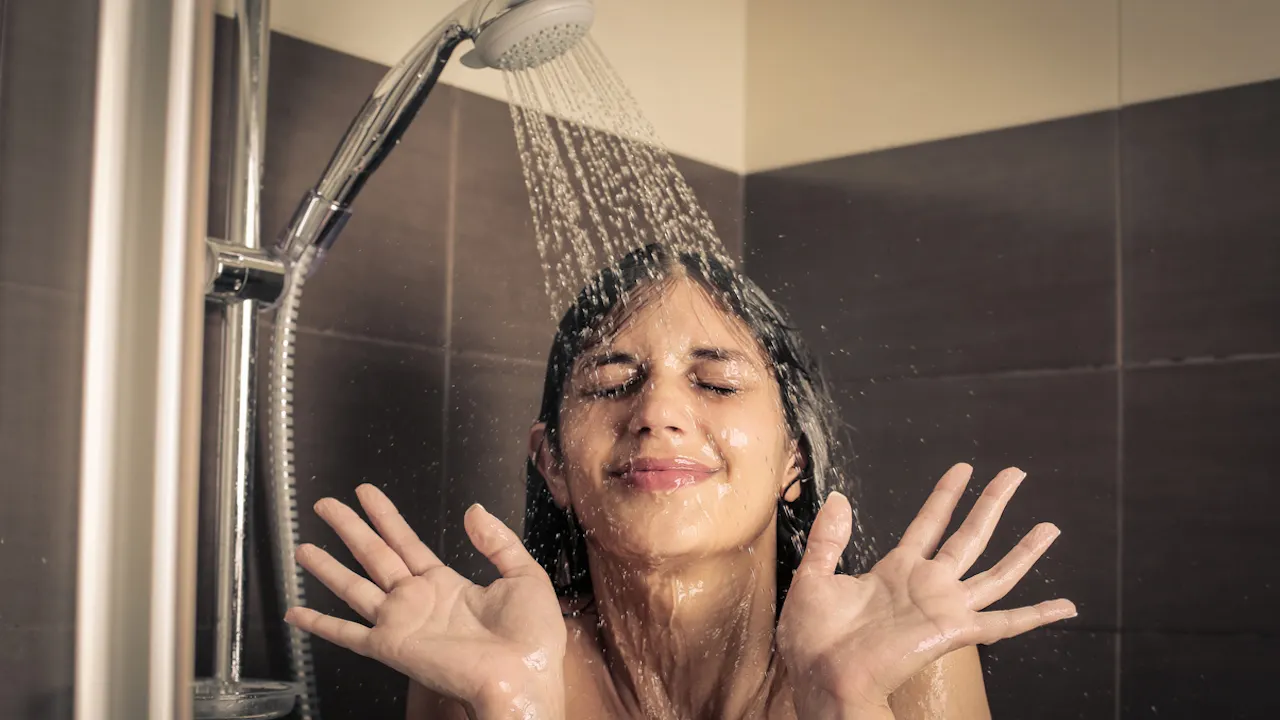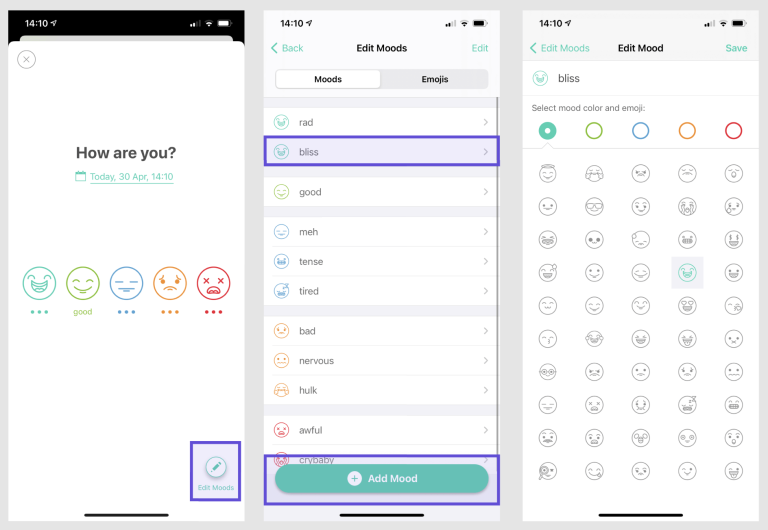Ever tried a cold shower just because you saw it all over your feed, and then questioned your life choices 30 seconds in? You’re not alone. From athletes to productivity gurus, cold showers are everywhere in 2025. But are they really as beneficial as people claim, or just another wellness trend wrapped in ice water? Let’s cut through the hype and look at what science actually says.
Mental Health and Mood Boost
Cold water exposure has been shown to trigger a release of endorphins and dopamine—the feel-good chemicals that help reduce stress and elevate mood. A 2008 study published in Medical Hypotheses even linked cold showers to treatment for mild depression due to this neurochemical response.
- What’s happening: The shock of cold activates your sympathetic nervous system, boosting alertness and energy.
- Why it matters: This physiological jolt can leave you feeling more awake, focused, and mentally refreshed.
Strengthening Immunity

A 2016 randomized trial from the Netherlands found that people who took cold showers for 30–90 seconds reported fewer sick days from work. Cold exposure may stimulate leukocyte (white blood cell) activity, which plays a role in fighting infection.
- Bonus: Combining cold exposure with regular exercise may offer even stronger immune benefits.
Metabolism and Circulation
When exposed to cold, your body has to work harder to stay warm. This temporary metabolic boost is fueled by brown fat, which burns energy to generate heat.
- Circulation perk: Blood flow increases to your core and vital organs, helping oxygen and nutrients move efficiently throughout your body.
Better Sleep and Faster Recovery

Cold showers are often used by athletes to reduce muscle soreness and inflammation. Some individuals also report better sleep after cold exposure—likely due to a drop in core body temperature, which is a natural signal for the body to prepare for rest.
- Helpful after workouts: Try a short cold rinse after exercise to potentially reduce delayed onset muscle soreness (DOMS).
A Word of Caution
Cold showers aren’t for everyone. If you have cardiovascular issues, asthma, or a history of fainting, sudden cold exposure can be risky.
- Tip: Lower the water temperature gradually over time, starting with lukewarm water.
- Reminder: Always check with a healthcare professional if you’re unsure how your body might respond.
Final Thoughts
Cold showers might sound extreme, but they offer science-backed perks from boosting your mood to reducing sick days. They’re not a cure-all, but for many, they’re a simple, low-cost way to feel a little sharper, calmer, and more resilient. The next time you’re tempted to turn that knob to freezing, remember: discomfort doesn’t always mean danger, it might just mean growth.
FAQs
Q: How long should a cold shower last to experience benefits?
A: Starting with 30 seconds to 2 minutes of cold water exposure at the end of a warm shower can be effective.
Q: Can cold showers help with weight loss?
A: While cold showers can temporarily boost metabolism, they should not be relied upon as a primary weight loss strategy.
Q: Are cold showers safe for everyone?
A: Individuals with certain medical conditions should consult a healthcare professional before adopting cold showers.
Note: This article is for informational purposes only and does not constitute medical advice. For tailored advice, always seek the advice of a healthcare professional.






